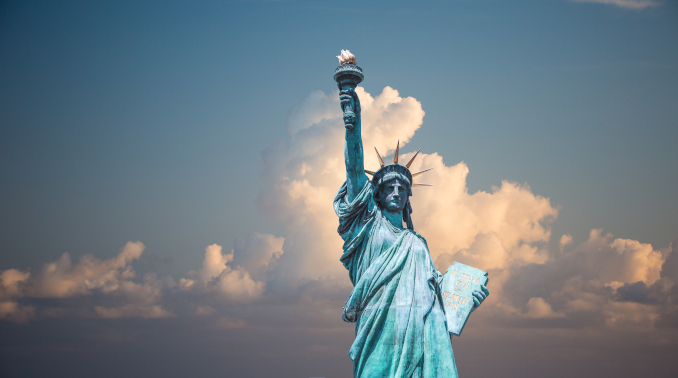
By John Friend
A prominent law professor and MSNBC legal analyst has raised concerns among free speech advocates following comments made during an interview with Rachel Maddow, one of the leading liberal pundits on the viciously partisan, anti-Trump, anti-conservative leftist network.
Click the Link Below to Listen to the Audio of this Article
University of Michigan law professor Barbara McQuade, who specializes in “mis- and disinformation” and recently published a book titled Attack from Within: How Disinformation Is Sabotaging America, argued that America’s historic and “deep commitment to free speech” makes the American people “particularly vulnerable to disinformation” campaigns.
However, what exactly qualifies as “mis- or “disinformation” is often subject to interpretation, with Deep State operatives, mainstream media hacks, and Biden administration officials regularly declaring any dissenting point of view or criticism of official government policy or narratives as mis- or disinformation that must be actively suppressed and censored, as was clearly on display during the Covid-19 pandemic and 2020 presidential election.
Biden administration officials regularly pressured leading social media platforms, for example, to suppress dissenting views on the safety and efficacy of the Covid-19 vaccines or government-imposed lockdowns and other restrictions implemented in response to the pandemic. Likewise, those expressing skepticism of the official results of the 2020 election, including former President Donald Trump himself, were routinely censored and banned from social media.
McQuade would go on to explain that the purpose of her book and research into disinformation was to help foster a “national conversation about truth and our commitment to it.” She then argued that Americans are even more susceptible to “mis- and disinformation” than other countries, specifically due to the First Amendment and our historic commitment to freedom of speech and open debate, commitments that are rapidly being undermined both in America and the wider Western world.
McQuade noted:
I think we’re more susceptible to [disinformation] than other countries, and that’s because some of our greatest strengths can also be our Achilles’ heel. So, for example, our deep commitment to free speech in our First Amendment. It is a cherished right. It’s an important right in democracy, and nobody wants to get rid of it, but it makes us vulnerable to claims [that] anything we want to do related to speech is censorship.
McQuade pointed out that the Supreme Court “has held that all fundamental rights, even the right to free speech, can be limited as long as there is a compelling governmental interest and the restriction is narrowly tailored to achieve that interest.”
“But I think any time someone tries to do anything that might limit free speech, people claim censorship,” she concluded, demonstrating the double speak and hypocrisy inherent in those wishing to suppress and censor alternative perspectives and critical analyses of political- and media-promoted narratives and policies. Limiting free speech is, in fact, censorship, a point that appears lost on pro-censorship advocates like McQuade who masquerade their anti-free speech advocacy as a righteous crusade to protect the American people from dissenting and suppressed information, i.e., “mis- and disinformation.”
Jonathan Turley, a leading legal scholar, political pundit, and law professor at George Washington University, offered a powerful critique of McQuade and other pro-censorship advocates who increasingly are dominating the classrooms, corporate boards, and leading governmental offices and agencies across the country.
Turley pointed out that:
Free speech is now portrayed as an existential threat to the country as opposed to the very thing that defines us as a free people. For some of us, free speech is a human right. In that sense, I am undeniably a free speech dinosaur who believes that the solution for bad speech is better speech. Rather than continue down the slippery slope of censorship under the guise of disinformation, we can allow citizens to reach their own conclusions in an open and robust debate.
But allowing citizens to reach their own conclusions after evaluating all perspectives and ideas is precisely what McQuade and those of her ilk are desperately seeking to ensure does not happen. America’s historic commitment to free speech and open and honest debate—political traditions that have played central roles in the development of this nation—are under attack by the political left in the name of combating “mis- and disinformation,” terms only they are allowed to define.
Americans of all political persuasions should be allowed to consider all perspectives and ideas and come to their own conclusions, rather than being dictated to by the likes of McQuade and other elites.
John Friend is a freelance author based in the Midwest and the associate editor for AFP.




